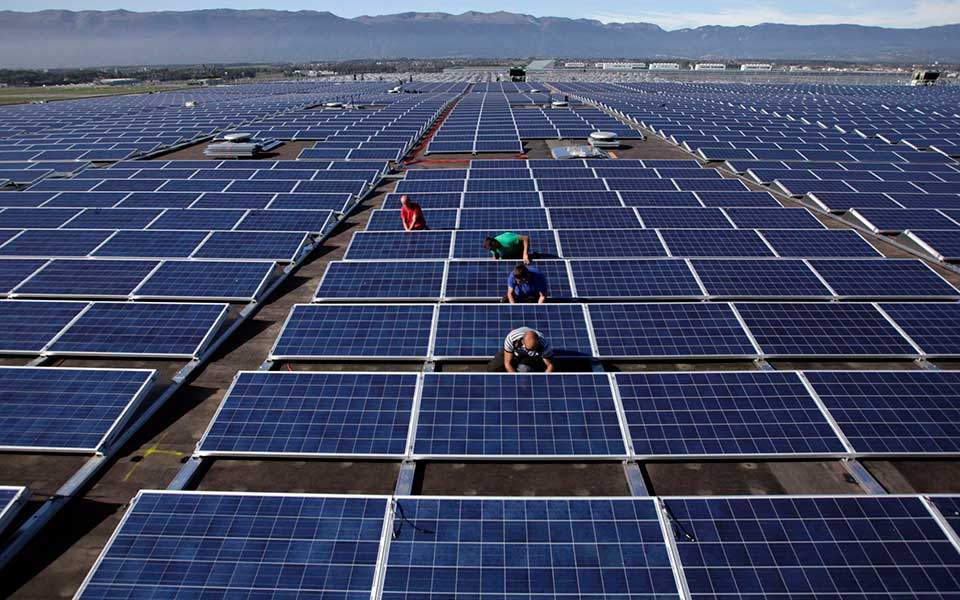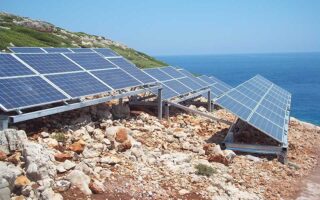Grid saturation problems
Photovoltaic investments get delayed and do not contribute to the country’s network

The expectations cultivated during the energy crisis among households and businesses that they could reduce their energy costs and fortify themselves against future high fluctuations have come crashing down for power grid operator DEDDIE.
That is not only because the grid’s capacity is saturated in many areas, but also because the antiquated network and substations of DEDDIE can’t even collect from self-consumption systems, even if they have a storage battery.
For households with solar systems with or without a battery of up to 10 kilowatts there is no problem connecting to the grid. However, this is not the case with small and medium-sized commercial and industrial enterprises, whose electricity costs are directly linked to their competitiveness and which have sought a way out of the high prices by way of self-consumption systems.
Up to August, 7,180 applications from companies wanting to set up self-consumption systems with a total capacity of 1,200 MW were submitted to DEDDIE and of these, 2,775 have been activated, with a total capacity of 270 MW.
“There is a flurry in the market, but it is not reflected in practice. The big hurdle is the issue of networks. DEDDIE is part of the problem. It must definitely be reinforced with staff, hire the right executives, find ways to support the grid. Projects of over 50 KW have been awaiting a response for over six months. How can a company become competitive with such data?” a market insider told Kathimerini.
“DEDDIE even rejects projects with a battery, if they do not offer power to the grid. Companies will reach a point of desperation and carry out projects without informing anyone. They will force Greek businesspeople to bypass the process and commit illegalities,” stressed another insider, providing the example of a company in Attica waiting over a year and a half to connect to the grid.
The law enables the installation of self-consumption systems with zero contribution into the grid. However, that might generate “short-circuit level” problems that could make the individual system collapse.





